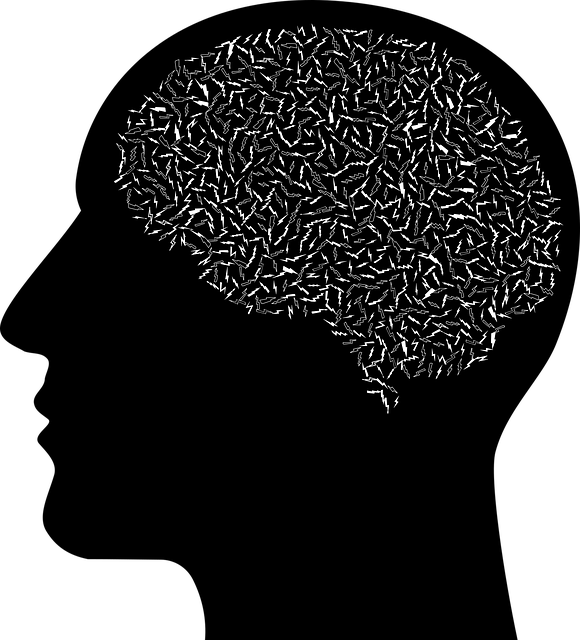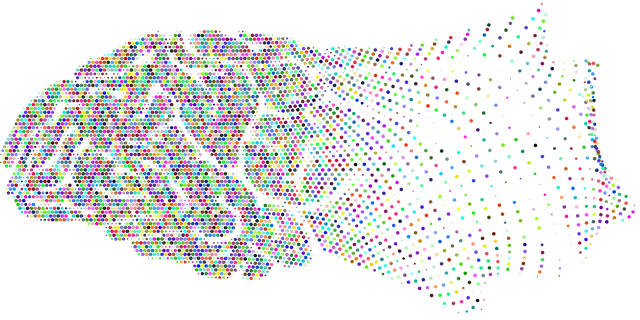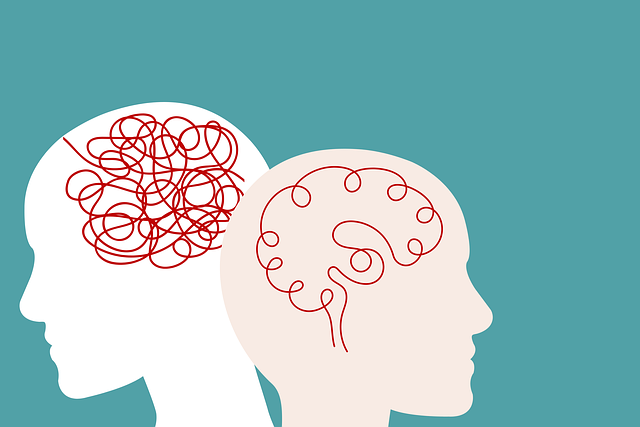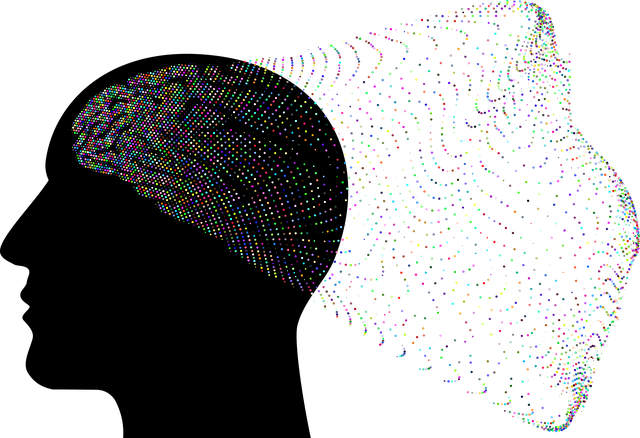Mental wellness group facilitation plays a pivotal role in fostering collective support and enhancing individual well-being. This article explores a comprehensive framework inspired by Centennial Gambling Therapy, offering practical techniques for effective group leadership. We delve into creating safe spaces, engaging participants, and measuring progress to optimize mental health outcomes. By understanding and implementing these strategies, facilitators can revolutionize group dynamics, making therapy accessible and impactful for all members.
- Understanding Centennial Gambling Therapy: A Framework for Group Facilitation
- Creating a Safe and Supportive Environment: Key Techniques for Group Dynamics
- Engagement Strategies: Encouraging Active Participation in Mental Wellness Groups
- Measuring Success and Tracking Progress: Evaluating the Effectiveness of Group Facilitation
Understanding Centennial Gambling Therapy: A Framework for Group Facilitation

Centennial Gambling Therapy offers a unique framework for group facilitation that goes beyond traditional talk therapy. This approach leverages the power of shared experiences and peer support to foster mental wellness. By creating a safe, supportive environment, facilitators can guide members through exercises like Mental Wellness Journaling Exercises, encouraging self-reflection and emotional understanding. Through open discussions and activities, participants learn from one another’s journeys, gaining valuable insights into their own mental health struggles and strategies for mood management.
In addition to in-person sessions, the therapy model incorporates digital elements such as a Mental Wellness Podcast Series Production, allowing for ongoing engagement and support outside of group meetings. This comprehensive approach ensures that individuals have access to resources and guidance tailored to their needs, promoting continuous growth and resilience in navigating life’s challenges.
Creating a Safe and Supportive Environment: Key Techniques for Group Dynamics

Creating a safe and supportive environment is paramount for effective group facilitation, especially when addressing sensitive topics like mental wellness. Techniques to foster such an atmosphere include active listening, where facilitators show genuine interest in each participant’s experiences and perspectives, ensuring they feel heard and valued. This simple yet powerful practice encourages open communication, allowing individuals to share their stories without fear of judgment.
Additionally, establishing clear boundaries and ground rules is essential. Facilitators should guide the group in defining acceptable behaviors and expectations, promoting a sense of ownership and mutual respect. By incorporating these techniques, Centennial Gambling Therapy can create a welcoming space that encourages participation, builds trust, and ultimately enhances the positive thinking and cultural competency skills of both facilitators and their clients. This approach ensures every member feels secure to explore their mental wellness journey together.
Engagement Strategies: Encouraging Active Participation in Mental Wellness Groups

Encouraging active participation is a cornerstone of effective mental wellness group facilitation. It fosters a sense of community and empowers members to take ownership of their healing journey. Techniques like open-ended questions, round-robin discussions, and break-out sessions promote engaging conversations that delve into individual experiences and perspectives. By actively listening and sharing, participants build inner strength development while also cultivating positive thinking. This dynamic interaction not only enhances group cohesion but also serves as a powerful tool in depression prevention.
Centennial gambling therapy recognizes the importance of these engagement strategies to create a safe and supportive environment. Facilitators play a crucial role in modeling openness and vulnerability, encouraging members to express their thoughts and feelings honestly. Through interactive activities and structured discussions, facilitators help individuals discover and cultivate coping mechanisms that extend beyond the group setting. By fostering active participation, mental wellness groups become vibrant spaces where members not only find support but also develop skills for lifelong well-being.
Measuring Success and Tracking Progress: Evaluating the Effectiveness of Group Facilitation

Measuring success and tracking progress are integral aspects of evaluating the effectiveness of group facilitation techniques, particularly within the context of Centennial Gambling Therapy. Facilitators play a crucial role in guiding participants towards positive mental wellness outcomes. One effective method to assess progress is by employing structured assessments both before and after the intervention. These assessments can include standardized questionnaires designed to gauge symptoms of anxiety, depression, and problem gambling severity. By comparing pre-post scores, facilitators can quantitatively measure the group’s collective improvement.
Additionally, qualitative feedback from participants through anonymous surveys or focus groups offers valuable insights into their experiences. This approach allows for a deeper understanding of the therapeutic process, identifying areas that resonate well with the group and aspects that might require adaptation. Incorporating cultural sensitivity in mental healthcare practice is essential, ensuring that facilitation techniques are inclusive and respectful of diverse backgrounds. Empathy building strategies and mindfulness meditation practices have been shown to enhance these outcomes by fostering safe spaces for participants to share their experiences and engage in present-moment awareness exercises.
Centennial Gambling Therapy offers a comprehensive framework for group facilitation, focusing on creating safe, supportive environments that foster engagement and active participation. By employing key techniques discussed in this article, including understanding group dynamics, implementing effective engagement strategies, and tracking progress through measured success, facilitators can revolutionize mental wellness support within their communities. This approach not only enhances individual recovery but also contributes to a broader tapestry of resilient, connected individuals.











